When people find out that you're a vegetarian or a vegan or raw vegan, the subject of protein is always a huge concern to friends and family.
I bet every raw vegan has been asked the question, "But where you get your protein from?" Maybe some of you know a lot about how to get protein on the raw food diet already. And maybe there are those who have an idea, but just don’t know how to make other non-raw friends understand. Why is it such a big deal to have enough protein, anyway? What makes it so special? And what are the best and most common sources of protein for raw fooders? Lemme tell ya!
But before we get into the details, I want to start with a few soundbytes:
It’s handy to arm yourself with a little useful information about the protein question so that you understand it and can answer the question with quick confidence. Don't go down the rabbit hole of stammering and ums! So in the future, when you come across the question on where you get your protein from, you’ll know exactly what to say. So here's a bit more detail for you detail-oriented folk!
Protein defined
Don’t be daunted by that headline. This is just a little bit of science and nothing too intense, I promise. Let’s just start from the beginning. And so the question: What is protein?
Proteins are basically one of the most vital building blocks of your body. They are the second most abundant substance in our bodies next to water, and they are very important nutrients made of a combination of amino acids.
Think of protein as the alphabet and amino acids as the letters in the alphabet. Just like letters forming a number of possible words, different combinations of various amino acids make up different kinds of proteins, which serve their own purposes.
Simply put, protein is a word used to call different combinations of many amino acids. There are amino acids that can only be gained from the food we eat (essential amino acids) and those that our bodies produce (non-essential amino acids). Complete protein just refers to a combination of all nine essential amino acids proportional to the needs of the body.
What does protein do? Why do you need it?
But before we go into the sources of proteins, let's first get to know what these proteins do in our bodies and what we need them for. Proteins actually provide structure to every single cell in our bodies. There are proteins that serve as enzymes, hormones, antibodies and more.
Some proteins are involved in transporting oxygen and other molecules, and some are involved in contracting our muscles. The list of tasks proteins are responsible for goes on. They're busy guys!
But the most notable functions of proteins are to build, maintain, and replace tissues in our bodies (e.g. nails, hair, skin, muscles, bones, red blood cells, etc.), as well as to keep our cells in good condition for them to be able to work properly.
How much protein do you need?
On average, an adult female vegan’s protein recommendation is around 46-58 grams per day. Whereas an adult male vegan’s is around 56-70 grams per day.
According to numerous studies and research, the amount of required daily protein intake varies depending on several factors like age, gender, body condition, lifestyle, etc. For instance, an inactive female adult’s protein needs may be much lower than that of an athlete’s or a bodybuilder’s.
Here are some common raw foods and their protein levels:
- 1/4 cup almonds = 15 grams protein
- 1/4 cup walnuts = 7.5 grams protein
- 1/4 cup sunflower seeds = 7 grams protein
- 1/4 cup cashews = 5 grams protein
- 1/4 cup pecans = 2.5 grams protein
- 1/4 cup medjool dates = 2 grams protein
- 4 tablespoons of hempseed hearts = 15 grams protein
- 3 tablespoons of chia seeds = 4 grams protein
- 1 cup raw kale = 2 grams protein
- 1 cup raw broccoli = 2 grams protein
- 1 cup raw spinach = 1 gram protein (1 cup cooked spinach = 7.6 grams protein)
- 1 cup alfalfa sprouts = 1 gram protein
- 1 large avocado = 2 grams protein
Best plant-based raw food sources
Contrary to popular belief, animal products are not the only and more superior source of (complete) proteins.
It’s traditionally believed that proteins from animals are the best source of proteins are already complete. And this is because their bodies already exerted the effort to combine the amino acids from the many different plants they’ve consumed. However, true as it may be, that could also be just what it is – a traditional belief.
Green leafy vegetables, nuts and seeds are some of the richest sources of proteins in a plant-based raw food diet. There are various plant-based foods that are high in certain amino acids. But incomplete protein doesn’t mean it’s inferior compared to complete proteins. It just tells us that it’s important to get the right balance of these nutritional values in order to meet the required amount of amino acids our bodies need to make complete proteins.
There are also even studies that show a human body actually prefers incomplete protein or as individual amino acids. This is so that it can combine them in the best possible way to serve their many different purposes, because when our body takes in complete proteins, it has to break down and tear the amino acids apart to reassemble them in a way that our body needs them to be. In saying so, amino acids from plant-based food therefore allow the body to skip that process entirely and get right down to business.
Protein recap
And that’s basically what protein is about and how to get protein as a raw vegan By learning this tidbit of information, we get to understand the importance of knowing what a raw vegan lifestyle entails and how we can better improve our raw food diet. Not because we have to prove something but to share a better understanding and hopefully eliminate misconceptions.
If you'd like to find out more about the intersection of protein and raw food, check out my podcast about raw protein sources.
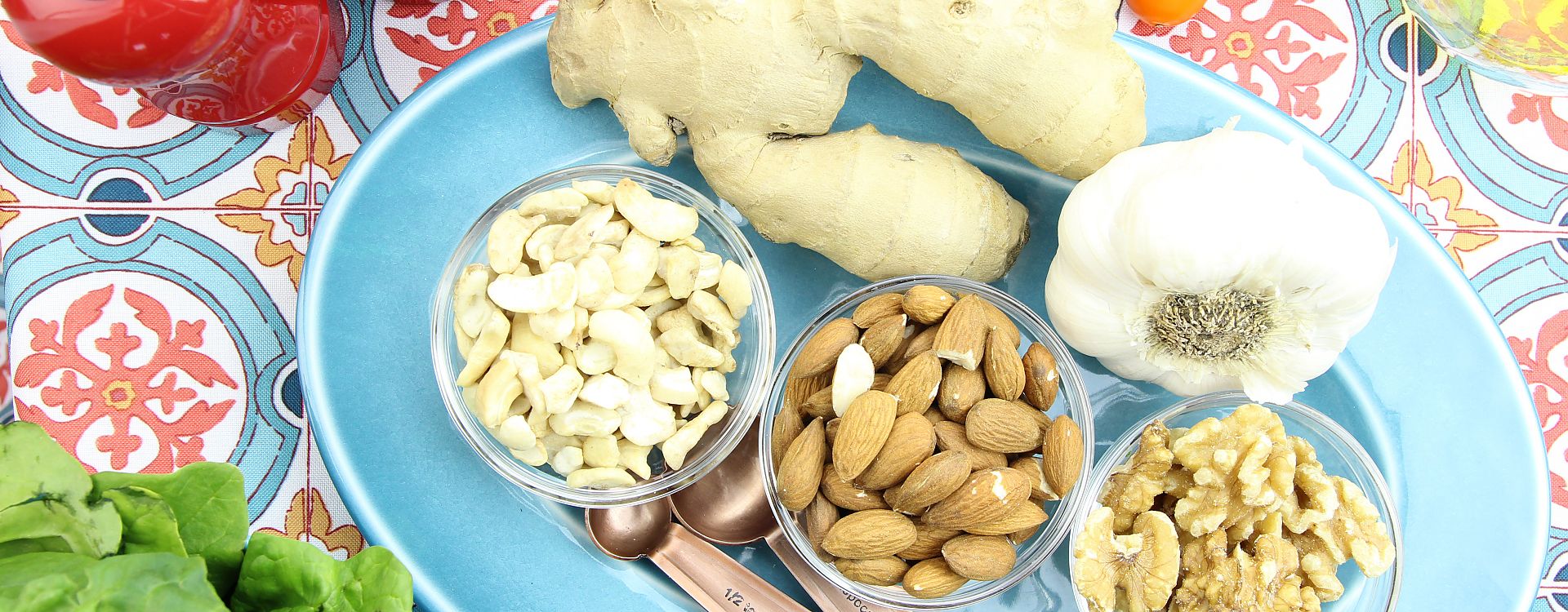









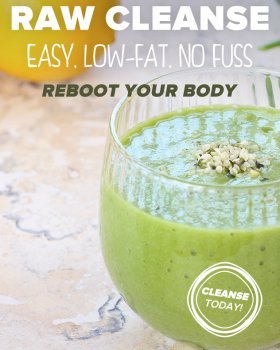














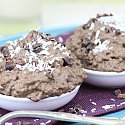
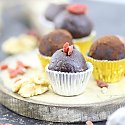
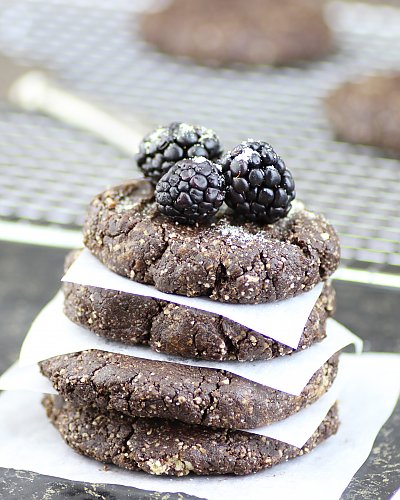
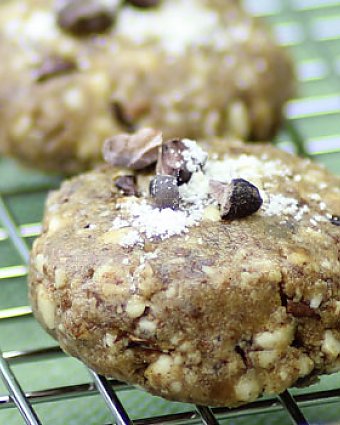
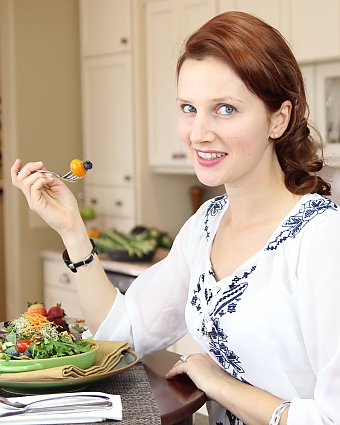
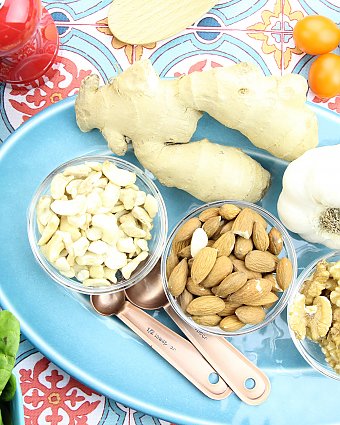





















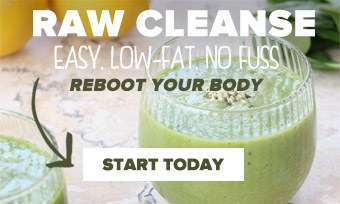
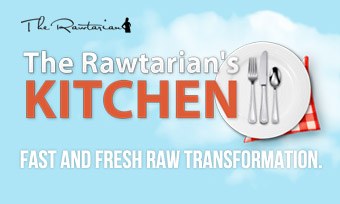
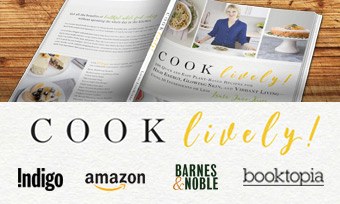


Comments
Top voted
Alex Goulet
Apr 04, 2014
Chart of amount of protein in various nuts is interesting and useful.
Explanation about difference between complete and incomplete protein good "refresher".
My goal: eat alkaline without (chemically) eroding my tooth enamel and OD=ing on chlorophyll...LOL
Seeking recipes featuring "my" foods: (steamed) asparagus, beets, brussel sprouts, brown rice, carrots, onions, swiss Chard + cider vinegar, flaxseed oil, ghee, lemon juice, Marmite, miso, oats, olive oil, onions, quinoa, Rye Vita (oat) "farmed" Rainbow Trout, sardines, veggie broth. Staying "on track" is a challenge as others here consumes dairy products, baked items, etc)
The Rawtarian
Apr 04, 2014
Thanks, Alex. It looks like you've really thought this through! Good luck with your goal!
Daniel Skubal
Dec 01, 2014
She is right all mentioned food in this article are great source of protein and I add into my food almost on daily basis, but I also prefere to get protein from vegetables or frutis because I always say “The protein is everywhere, right my vegan raw friends?!” With more knowledge in regards of raw food more I know how easy is to get proper nutrients and protein intake especially when you train or do some kind of sport
All
Daniel Skubal
Dec 01, 2014
She is right all mentioned food in this article are great source of protein and I add into my food almost on daily basis, but I also prefere to get protein from vegetables or frutis because I always say “The protein is everywhere, right my vegan raw friends?!” With more knowledge in regards of raw food more I know how easy is to get proper nutrients and protein intake especially when you train or do some kind of sport
The Rawtarian
Dec 01, 2014
Getting the required protein is so very important!
Alex Goulet
Apr 04, 2014
Chart of amount of protein in various nuts is interesting and useful.
Explanation about difference between complete and incomplete protein good "refresher".
My goal: eat alkaline without (chemically) eroding my tooth enamel and OD=ing on chlorophyll...LOL
Seeking recipes featuring "my" foods: (steamed) asparagus, beets, brussel sprouts, brown rice, carrots, onions, swiss Chard + cider vinegar, flaxseed oil, ghee, lemon juice, Marmite, miso, oats, olive oil, onions, quinoa, Rye Vita (oat) "farmed" Rainbow Trout, sardines, veggie broth. Staying "on track" is a challenge as others here consumes dairy products, baked items, etc)
The Rawtarian
Apr 04, 2014
Thanks, Alex. It looks like you've really thought this through! Good luck with your goal!
Leave a Comment